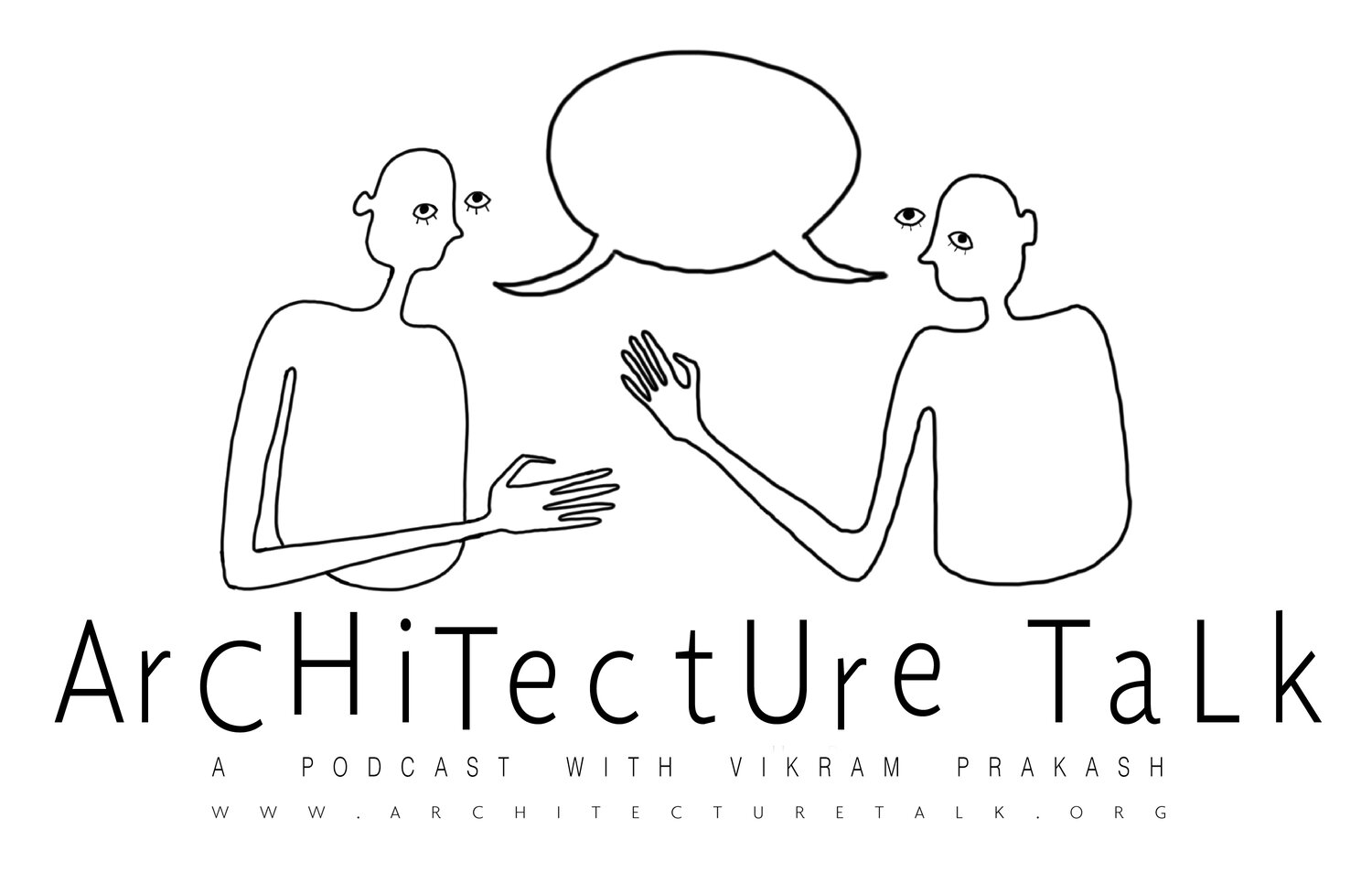72. AITC: Inequities and Political Urgencies with Mark Wigley
Original drawing by Tori Haynes
“The pandemic has created an obligatory domesticity of sorts…a single domesticity of space and time…being stuck at home is the new domesticity.”
- Mark Wigley
This week we continue our ongoing miniseries Architecture in the Time of Coronavirus with guest Mark Wigley, Professor and Dean Emeritus at Columbia GSAPP. In this episode, we dissect how the Corona virus reinforces social inequities, how it changes the ways in which we communicate, what it means to live in a city during a pandemic, and what the role of the architect is in these uncertain conditions.
Timestamp Outline
2:36 Vikram introduces Mark
3:52 “We are all stuck at home...we are all stuck in the same home, in basically one interior space and there is a kind of obligatory domesticity...there is no more distinction between home and not-home. There is only home.” MW
8:30 “The six foot dimension is being mapped onto the world in a way thats super interesting, but I would say its interesting not because its different...the entire physical world is mapped with so many dimensions which have the force of social law and convention...so in a certain way its a kind of coming out of the architecture discipline.” MW
10:10 “...[this] is business-as-usual, and I use as my evidence, that the deaths from the pandemic are so closely related to social inequities, so its absolutely business-as-usual the same people are paying the price, and they pay the price in the name of business.” MW
11:55 discussion of how Zoom is changing the way we are educated.
14:13 discussion of Marshal McLuhan’s concept: the present is far too shocking to face and that we see the world in the rearview mirror
20:00 discussion of the utopian fantasies of the information age in the context of Zoom university
20:10 “...we have learnt that the information age is not an egalitarian nirvana of resource-sharing, but a much more efficient, extractive system; that this economy has reinforced every prejudice…” MW
21:20 “Cities, houses, neighborhoods have always been organized by epidemics.” MW
22:20 Sanitary reform movement, Panopticon
23:00 White-washing and the Modern Movement. See: White-Out: Fashioning the Modern by Mark Wigley [DOI: 10.2307/3171168]
24:50 Freud, on motivated forgetting
27:37 “The productive move is to look back for the urgencies that we didnt pay close attention to before this happened...to be clear the current situation is: there is a national debate going on about eugenics, but it does not use that name…” MW
31:29 “what we call human is a bag of bacteria...it is more like a city - a collaborative infrastructure of wildly diverse and independently evolving (what Donna Haraway would call) companion species.” MW
32:52 “...a healthy space would be a space of contamination and cross-fertilization…” MW
35:37 notes on breathing
38:00 “In a way, the very purpose of cities is contamination...a city is designed to connect, but every visible structure we see is designed for disconnection.” MW
38:44 competing philosophies of breathing in the urban and the rural
40:00 Buckminster Fuller and the dymaxion bathroom
44:05 Rachel Armstrong episode on probiotic architecture
50:00 discussion of the “new normal”






